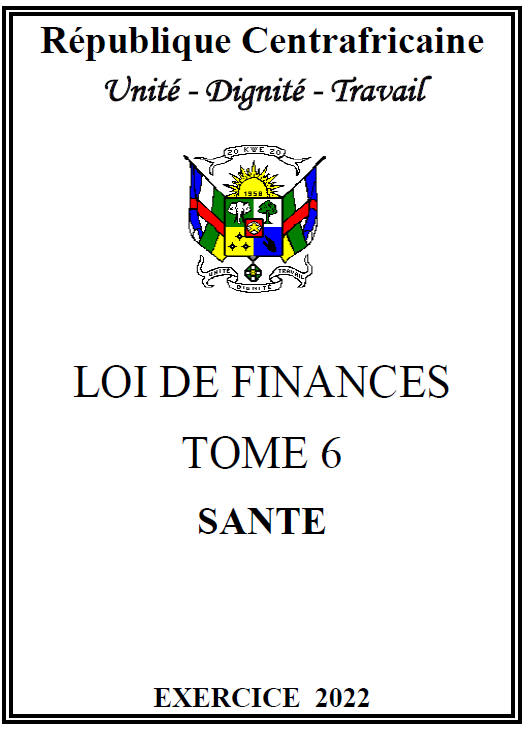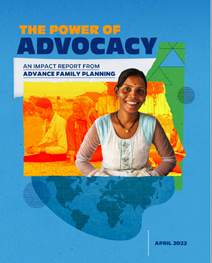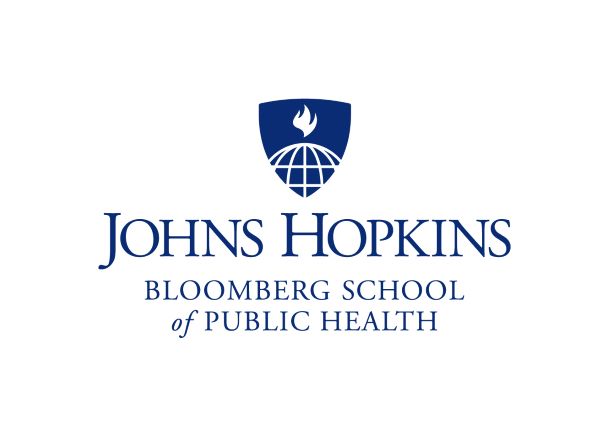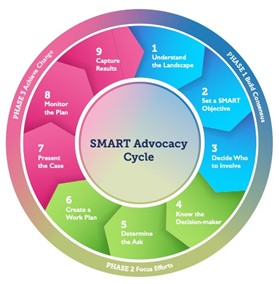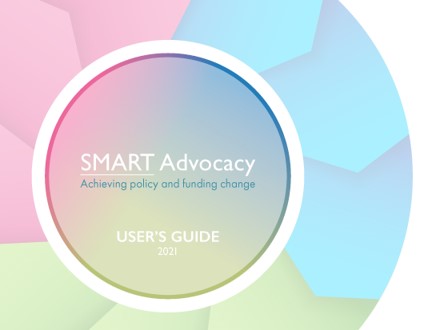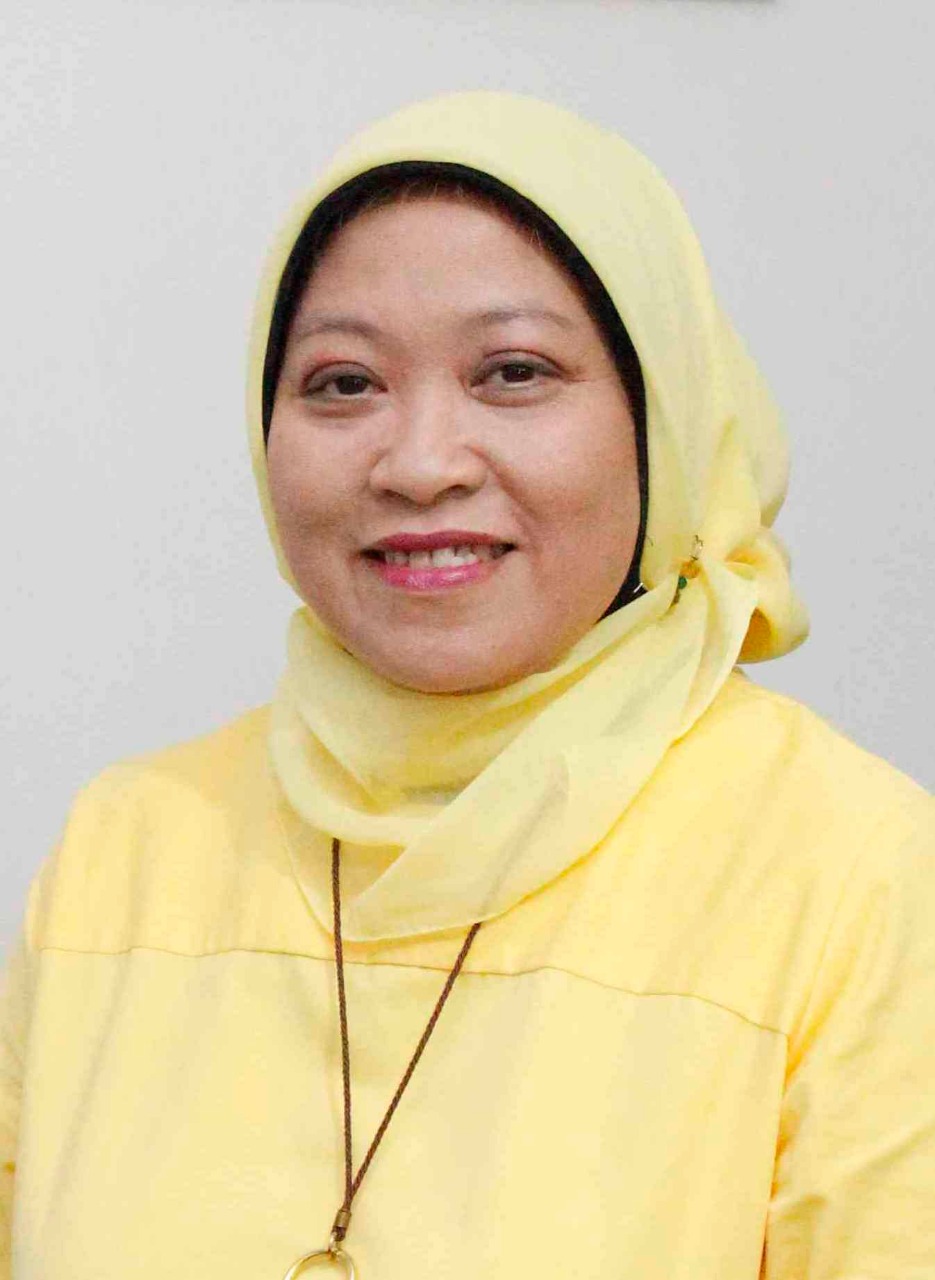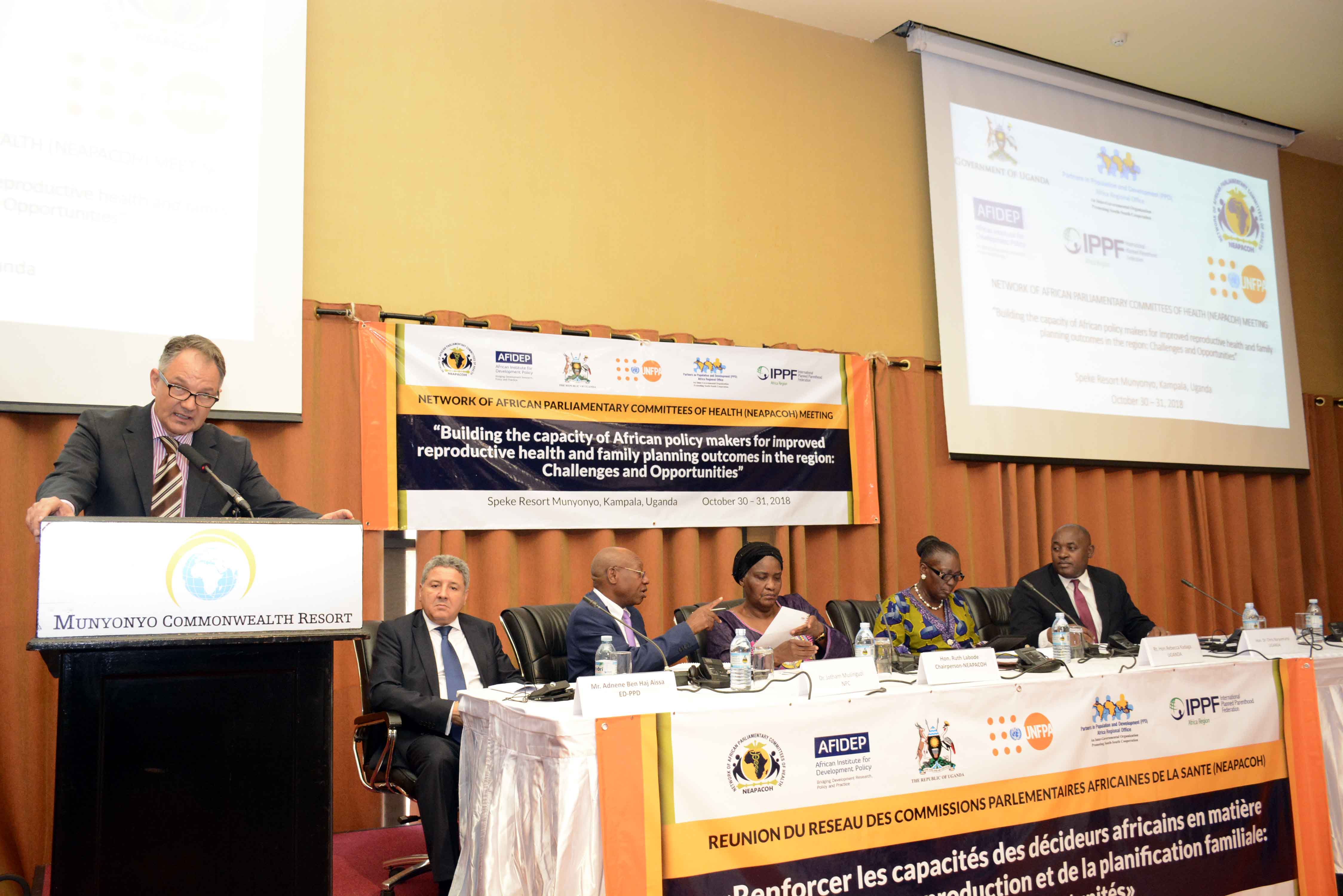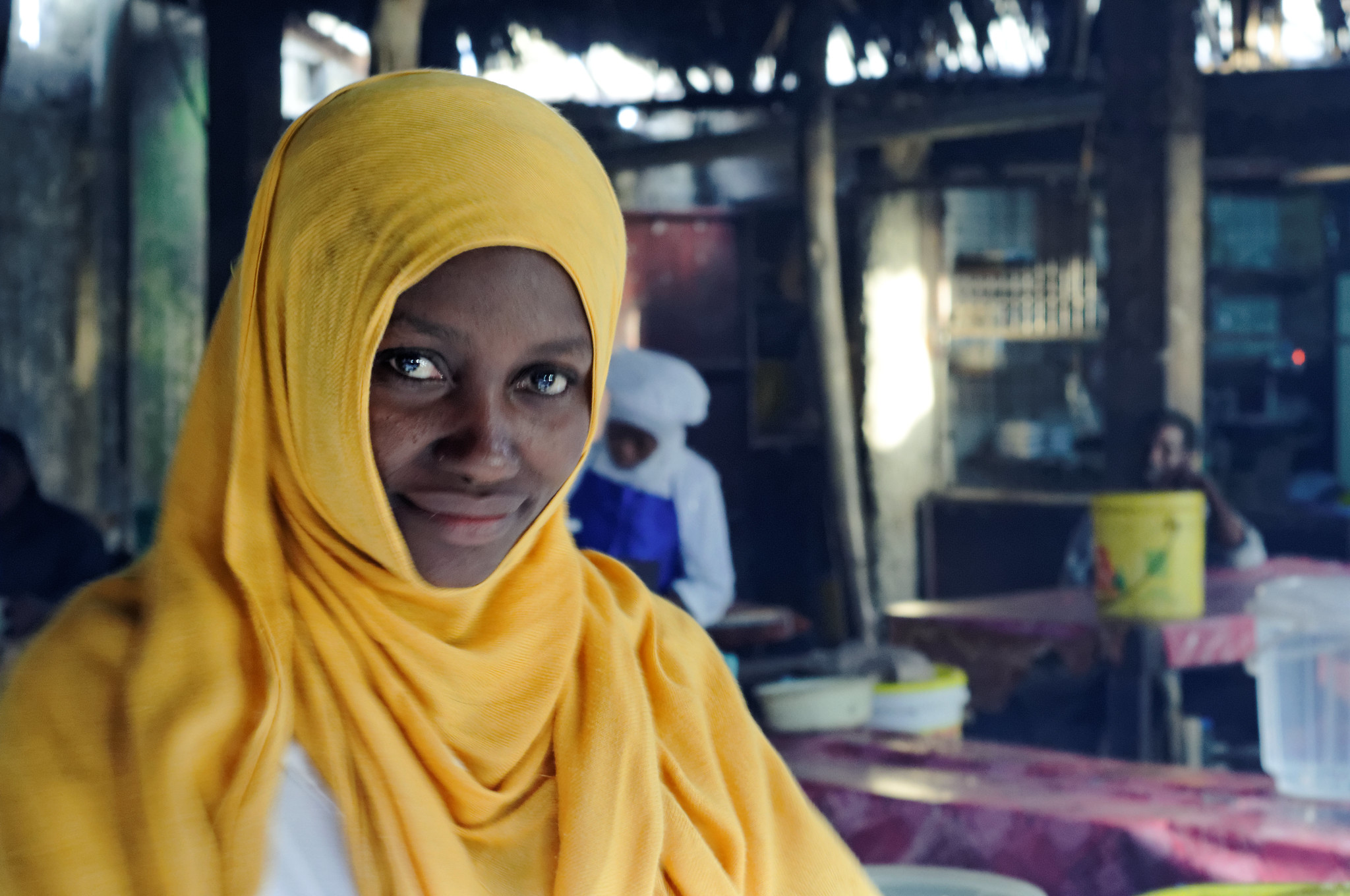View the latest family planning advocacy news from our partners.
On December 21, 2021, the National Assembly of the Central African Republic allocated 100 million West African Francs (XOF) (US $160,000) in their fiscal year 2022 budget for the purchase of contraceptives. This is the first-time domestic resources have been allocated for family planning commodities within the national budget. Prior to this, all funds for the purchase of contraceptives in the Central African Republic have come from external sources.
On April 26, Advance Family Planning (AFP) launched a new impact report, The Power of Advocacy, that tells AFP’s story of building partnerships and achieving policy and funding change to improve family planning through advocacy. Available in English and French, the report marks the culmination of more than a decade of progress fueled by dedicated advocates who mobilized around a bold advocacy agenda under AFP.
On January 31, 2022, the Johns Hopkins Bloomberg School of Public Health launched the graduate level course, A Coalition-based SMART Approach to Public Health Advocacy. Taught by Advance Family Planning’s Executive Director, Beth Fredrick, and Dr. Celia Karp, the course focuses on the theory and practice of how advocacy can be used to improve public health.
This blog was originally published by Pathfinder International. Egalement disponible en français ici.
Creating a regional pool of facilitators on the SMART Advocacy 2.0 approach in West Africa
By: Habeeb Salami, Brigitte Syan, Celestin Compaore, Marieme Diouf Diallo
This article is a collaboration with Knowledge SUCCESS. SMART Advocacy is a collaborative process that brings together advocates and allies from different backgrounds to create change and sustain progress. Read on for tips and tricks to tackle your own advocacy challenges.
Is there a change you want to see in the world? Have you considered that there might be one person with the power to create that change? Or wondered what you would say to persuade them to act?
Since 2009, Advance Family Planning has achieved more than 2,200 advocacy wins that have set policy, generated financial investment, and brought family planning priorities to the forefront. These wins, in 29 countries and over 500 subnational geographies, have mobilized more than $111 million US dollars in funding for family planning since 2012.
The new and improved SMART Advocacy User’s Guide is now available! Download the English, French, and Spanish versions and explore our new website, where you can find SMART Advocacy facilitation resources, testimonials, answers to frequently asked questions, and more.
Advance Family Planning is pleased to share a new tool, Advocacy Entry Points for Self-care in Sexual and Reproductive Health and Rights. The tool is intended to help advocates identify the most strategic entry points in making progress on self-care for sexual and reproductive health and rights (SRHR) in their countries and communities.
In Memoriam: Inne Silviane
The Advance Family Planning initiative remembers and celebrates our colleague and friend Inne Silviane whom we lost on May 22, 2021, after a long battle with her health conditions. Inne leaves behind her husband, six children, and three grandchildren.
Summary: On March 31, 2021, the Parliament of Uganda passed a national health insurance bill that outlines the general structure for a first-ever national social health insurance scheme in Uganda [1]. It was passed with a pre-set benefits package that includes a range of essential health services including family planning counseling and services.
Ten HIV Care and Treatment Clinics (CTCs) on the Unguja and Pemba Islands of Zanzibar have strengthened family planning service quality and two are offering family planning services for the first time, following a directive issued by Zanzibar’s Ministry of Health (ZMOH) last year. The directive required the islands’ CTCs to integrate family planning with HIV services and capture service data in the District Health Information System (DHIS2).
Seven new briefs by Advance Family Planning (AFP) partners highlight country achievements in Bangladesh, the Democratic Republic of the Congo (DRC), Kenya, Nigeria, Tanzania, and Uganda as well as AFP’s six-country effort on media advocacy. The briefs showcase how advocates and government partners have improved family planning funding and services to date, and protected those gains within the COVID-19 pandemic.


